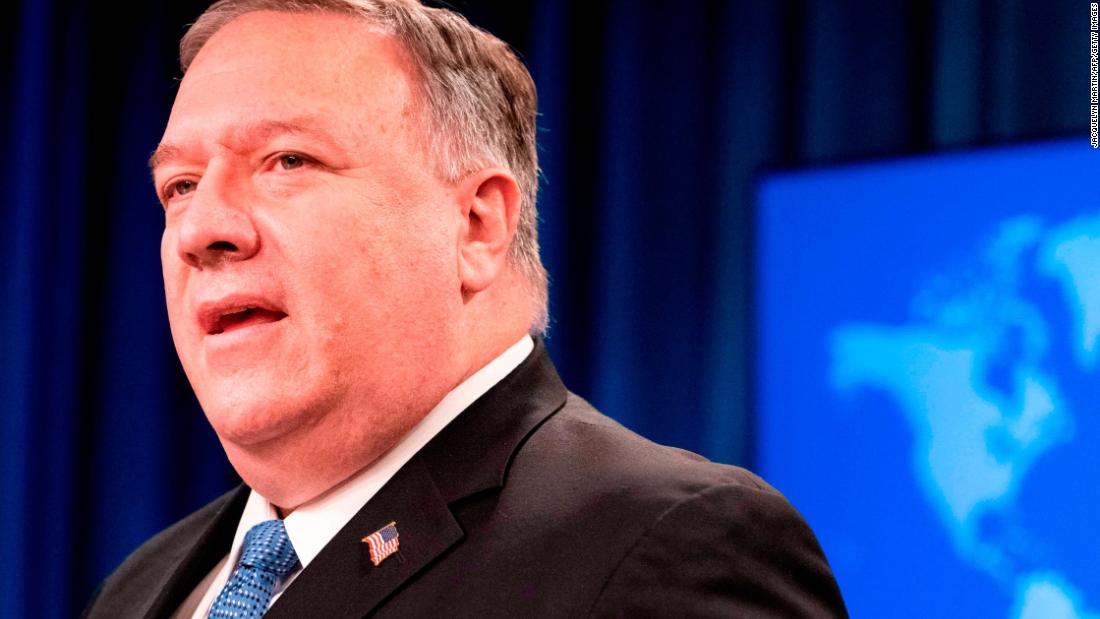
Washington has for years put in place “complicated internal restrictions to regulate” US officials’ relations with Taiwan “in an attempt to appease the communist regime in Beijing,” US Secretary of State Mike Pompeo said in a statement on Saturday. “Not anymore,” Pompeo wrote.
China views Taiwan as part of its territory, and the US’s dealings with the democratically ruled island have long been a source of tension.
The order comes less than two weeks before President-elect Joe Biden’s government takes over, and is likely to hinder the incoming team.
The US has maintained close ties with Taiwan since it split off from mainland China in 1949 after the end of a bloody civil war. But until recently, Washington has avoided major displays of friendship so as not to thwart Beijing, which continues to view the self-governing democracy of some 24 million people as an inseparable part of its territory, under its One China policy.
Growing tensions
At the time, Chinese Foreign Ministry spokesman Wang Wenbin said the US and Taiwan should “immediately stop” official exchanges. “China strongly opposes any form of official exchanges between the United States and Taiwan. This position is consistent and clear,” Wang said.
Now Pompeo has allowed US diplomats and other government officials to interact with their Taiwanese counterparts, just like counterparts from any other country.
The United States government maintains relationships with unofficial partners around the world, and Taiwan is no exception. Our two democracies share common values of individual freedom, the rule of law and respect for human dignity. Today’s statement acknowledges that the US-Taiwan relationship should not and should not be shackled by self-imposed constraints of our permanent bureaucracy, ”Pompeo wrote.
The US Ambassador to the United Nations, Kelly Craft, will visit Taiwan this week to “reinforce the US government’s strong and continued support for Taiwan’s international space,” Pompeo announced last week.